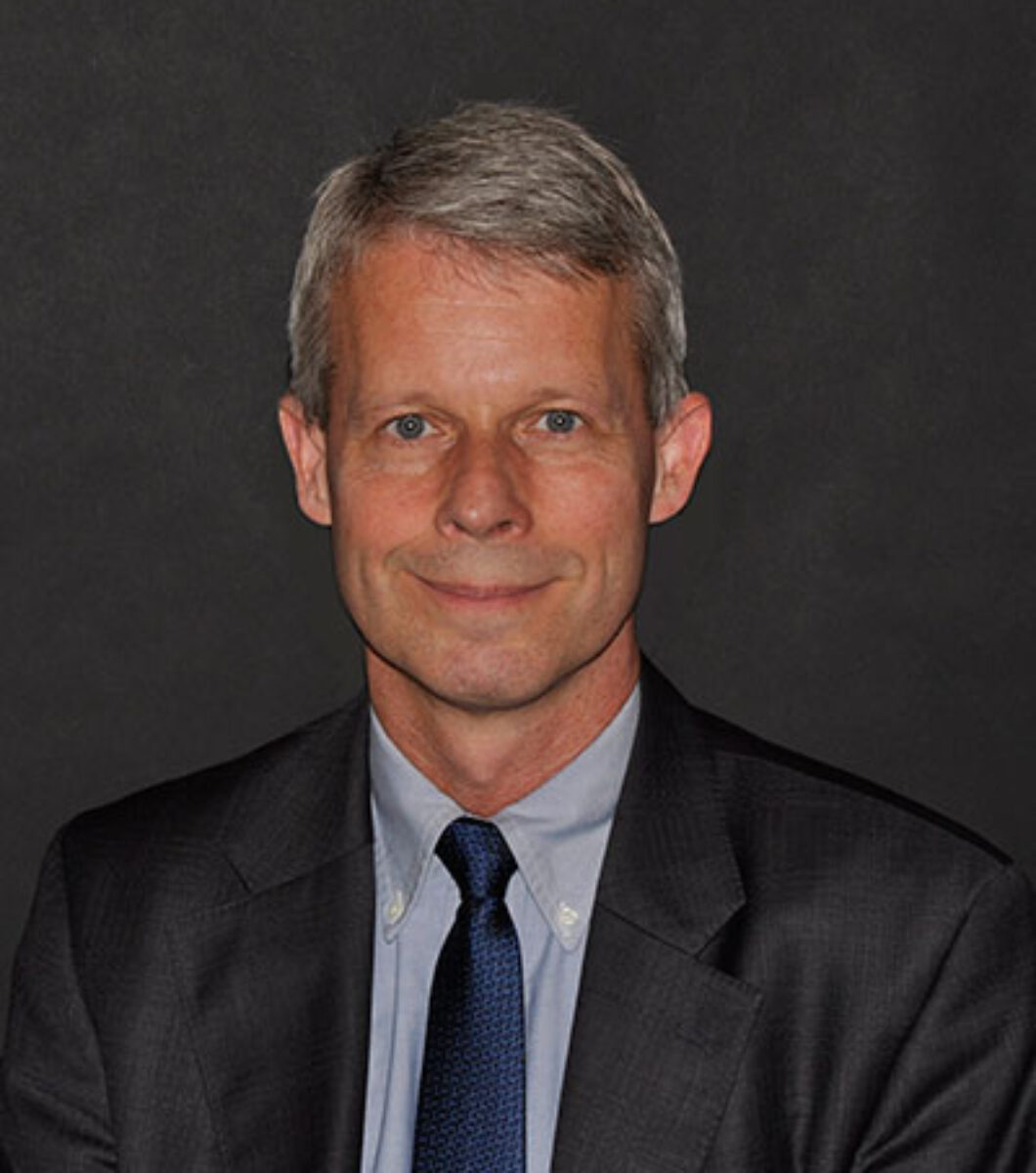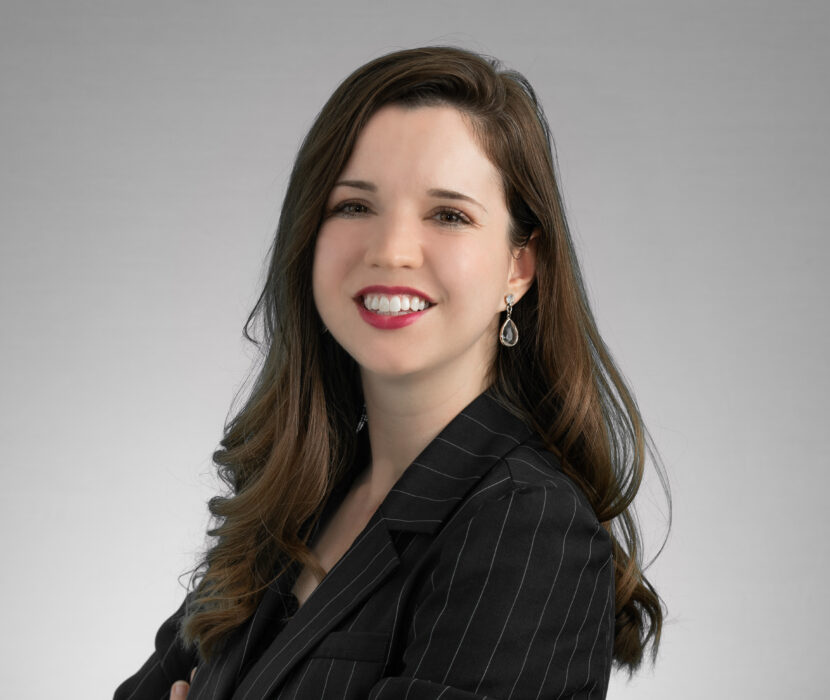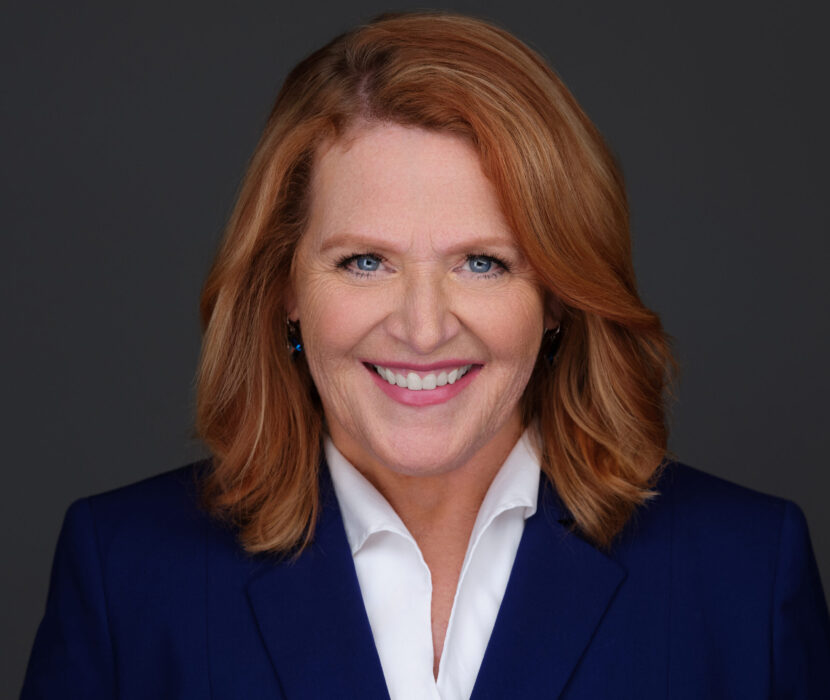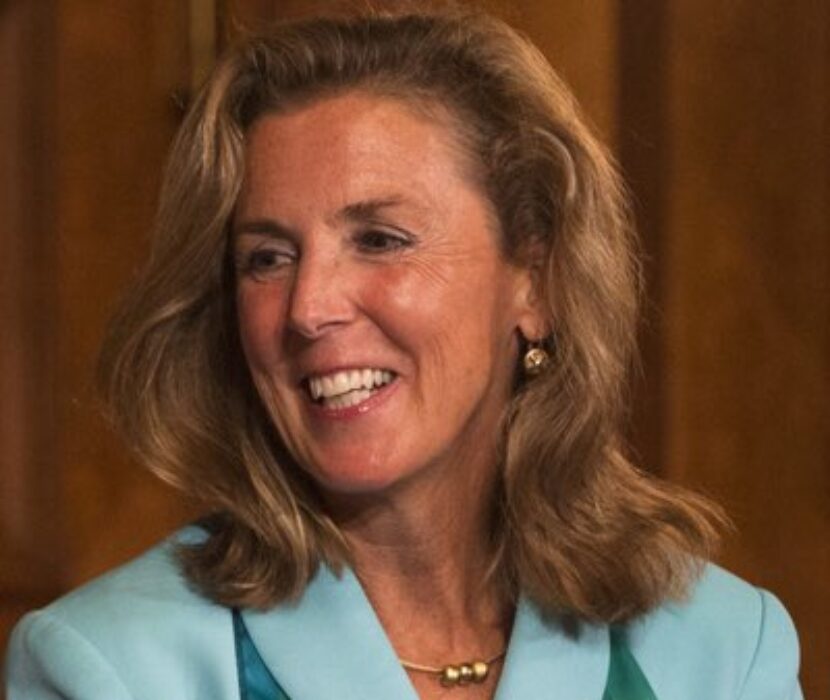Martin Wilhelm is founder and managing partner of Geopolis Energy Partners.
He is a strategic advisor to corporations, financial institutions, investors, and policymakers on innovation and risk management in global energy markets. His role includes actively managing and hedging clients’ energy market positions from physical assets as well as technological ventures, based on assessment of global market and technology drivers and risks. He has advised senior management at electric utility, banking, and energy exchange clients in North American and European energy markets, focusing on strategy, organization design, risk policy and management, financial engineering, energy trading, and electric transmission management. With a Chicago-based team of MIT and University of Chicago trained engineers he developed large-scale software systems for energy trading, portfolio management and risk controlling for electric utilities in Germany and Luxembourg.
Wilhelm was part of the leadership team in the post 9/11 ‘Competitiveness and Security Initiative’, funded by DOE and DTRA, where he was responsible for all electric power, oil, and natural gas industry activities. He has also served as an advisor to energy industry groups, including Edison Electric Institute in Washington, D.C., and VDEW/BDEW, the German electric and gas utilities association, on a range of industry and policy issues, including energy industry deregulation, grid and market integration of renewable energy. In the context of German ‘Energiewende’, he has worked for German utilities, the European Energy Exchange and government on issues including necessary changes in EU electricity market architecture to deal with intermittent renewables generation; risk management for physical generation assets in global energy markets; competitiveness challenges for European/German energy, and climate policy from US shale gas. Wilhelm was a research fellow at Cologne Institute of Energy Economics in Germany and, as Krupp Scholar at MIT Energy Laboratory, authoring two books on regulatory economics and power generation as well as numerous articles and working papers on energy policy and industry issues. He studied economics, management science, and electrical engineering at the Universities of Cologne and Bonn, Germany, Ecole des Hautes Etudes Commerciales (HEC), Paris, and MIT. He also holds a M.S. in economics from Cologne University and an international management degree from HEC. He is a recipient of the Theodor-Wessels Prize in Energy Economics.






